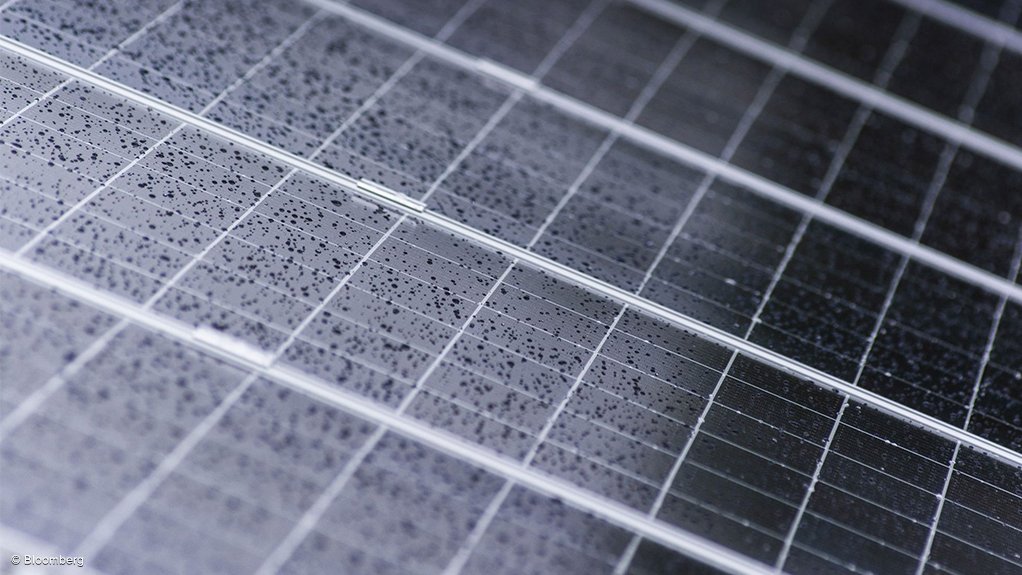South Africa quadrupled its solar panel imports from China in the first half of 2023 to 3.4GW – which, at peak production, amounts to nearly the generation capacity of Eskom's Duvha or Matla power stations.
Duvha and Matla have an installed capacity of 3.6GW each.
Energy think tank Ember on Thursday released a report highlighting that China's solar PV exports grew by a third to 114GW in the first six months of the year. Europe was the biggest importer – accounting for more than half or 52.5%, followed by Brazil with 9.5GW.
However, the fastest growth in imports is happening in Africa and the Middle East. South Africa is the main driver of growth in imports for Africa (which more than doubled at 187%). South Africa also recorded the second-biggest increase (438%) or percentage growth in imports after Europe.
"In the last 12 months, South Africa imported 4GW of solar panels from China, which would generate electricity equivalent to around 3% of its annual demand," the report indicated.
The report also cites "frequent loadshedding", which is contributing to residents increasing rooftop solar installations. The short-term tax incentives by the government are another growth driver.
Households can qualify for a tax credit of up to 25% of the cost of the solar PV panels, with a cap of R15 000 – this came into effect on 1 March and will be in place until 29 February 2024.
Businesses have had an incentive, but this was expanded to 125% in tax deductions for any renewable energy project. This incentive applied for two years, ending 28 February 2025.
Government also recently introduced a loan scheme for those looking to finance solar. Government will guarantee solar-related loans – by taking on 20% of the loss on defaulted loans.
Cities like Cape Town and Johannesburg are also incentivising residents with feed-in tariffs.
Gaylor Montmasson-Clair, facilitator of the South African Renewable Energy Masterplan, said that Ember's findings were aligned with trade data he has been tracking.
EMAIL THIS ARTICLE SAVE THIS ARTICLE
To subscribe email subscriptions@creamermedia.co.za or click here
To advertise email advertising@creamermedia.co.za or click here











